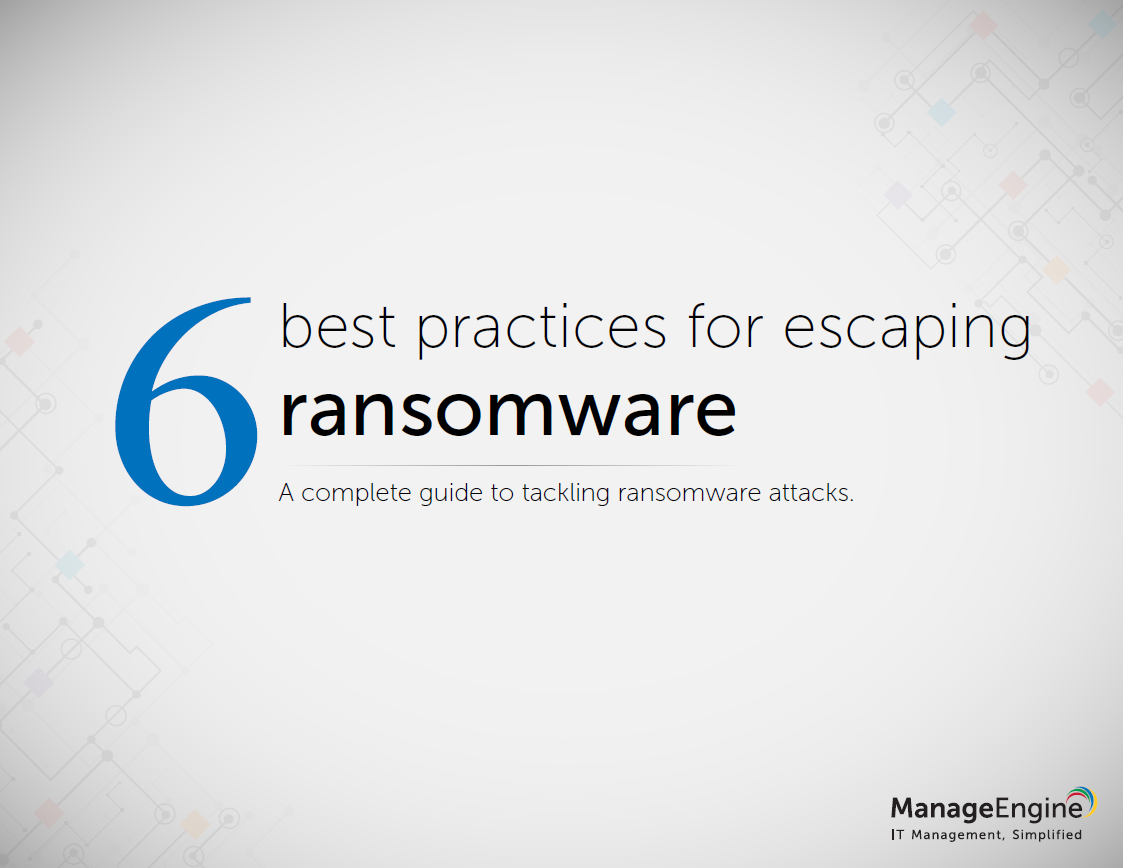Forget ransomware, a lack of global norms is killing the security industry
Better protocols to facilitate global cyber co-operation should be at the forefront of innovation in the sector


One of the biggest challenges for businesses around the world is the inability to properly attribute cyber attacks and enforce prosecution, according to an (ISC)2 security leader.
Many countries are working to promote and drive this movement forward but failing, according to Tony Cole, CTO at Attivo Networks and (ISC)2 board member. He says the security industry needs a highly structured set of norms which outline the offences that can be prosecuted.
The industry also needs globally accepted rules on data sharing agreements, he says, so businesses and nations can collect adequate evidence needed to prosecute cyber attackers. These rules simply don't exist today and there is a "complete lack of agreement," Cole told IT Pro at the annual (ISC)2 Security Conference.
However, that isn't to say efforts haven't been made. Some good work was being done in Estonia on the two versions of the Talinn Manual, which aims to highlight how our current international laws could be applied to cyber but aren't. If it was, "we wouldn't have the issues that we do [today]," said Cole.
Cole has hands on experience of trying to create this kind of unified international standard. In 2013, he worked on the US State Department's Framework for Cyber Stability a document trying to unify the US, Russia and China through cyber norms that would eventually be adopted the world over.
This eventually "went by the wayside" after it was discovered that members of the Chinese armed forces the People's Liberation Army were attacking US and UK companies, according to Cole.
"Now, the next year is when President Xi and President Obama signed an agreement and yet that really didn't have any teeth," he said. "And now we know there are even more nations that are allowing many of their cyber experts in the cyber espionage space to moonlight underneath. So it's becoming more problematic, not less."
Get the ITPro daily newsletter
Sign up today and you will receive a free copy of our Future Focus 2025 report - the leading guidance on AI, cybersecurity and other IT challenges as per 700+ senior executives
RELATED RESOURCE

6 best practices for escaping ransomware
A complete guide to tackling ransomware attacks
Ransomware is here to stay
Although global cyber challenges should be solved through uniform policy, Cole said ransomware the most pervasive method of cyber attack for the past few years is going to retain its crown for quite some time.
He said businesses and organisations aren't doing the right things to counter the threat and cyber hygiene isn't being taken as seriously as it should be, either.
Organisations are being regularly hit by ransomware because well-known vulnerabilities just aren't being patched. "That activity is not going to change until organisations truly understand from the board level down, that security is important, that you need to put an emphasis on it and you need to apply resources to it, just like anything else that you do," said Cole.
Cole said he spoke with a board member of a mining conglomerate at World Economic Forum two years ago who was adamant that the company wasn't a target for cyber attacks, despite nearly all of their competitors having publicly disclosed data breaches.
"It's pretty consistent still around the globe where you have a still a number of organisations that just don't think [security is] that important," he said.
"So yes, it's going to continue to be a problem for the long term until we change attitudes across the board and people start to accept that it's a component of risk, no different than any other area of the business."

Connor Jones has been at the forefront of global cyber security news coverage for the past few years, breaking developments on major stories such as LockBit’s ransomware attack on Royal Mail International, and many others. He has also made sporadic appearances on the ITPro Podcast discussing topics from home desk setups all the way to hacking systems using prosthetic limbs. He has a master’s degree in Magazine Journalism from the University of Sheffield, and has previously written for the likes of Red Bull Esports and UNILAD tech during his career that started in 2015.
-
 Cleo attack victim list grows as Hertz confirms customer data stolen
Cleo attack victim list grows as Hertz confirms customer data stolenNews Hertz has confirmed it suffered a data breach as a result of the Cleo zero-day vulnerability in late 2024, with the car rental giant warning that customer data was stolen.
By Ross Kelly
-
 Lateral moves in tech: Why leaders should support employee mobility
Lateral moves in tech: Why leaders should support employee mobilityIn-depth Encouraging staff to switch roles can have long-term benefits for skills in the tech sector
By Keri Allan
-
 Cleo attack victim list grows as Hertz confirms customer data stolen – and security experts say it won't be the last
Cleo attack victim list grows as Hertz confirms customer data stolen – and security experts say it won't be the lastNews Hertz has confirmed it suffered a data breach as a result of the Cleo zero-day vulnerability in late 2024, with the car rental giant warning that customer data was stolen.
By Ross Kelly
-
 ‘Phishing kits are a force multiplier': Cheap cyber crime kits can be bought on the dark web for less than $25 – and experts warn it’s lowering the barrier of entry for amateur hackers
‘Phishing kits are a force multiplier': Cheap cyber crime kits can be bought on the dark web for less than $25 – and experts warn it’s lowering the barrier of entry for amateur hackersNews Research from NordVPN shows phishing kits are now widely available on the dark web and via messaging apps like Telegram, and are often selling for less than $25.
By Emma Woollacott
-
 Healthcare systems are rife with exploits — and ransomware gangs have noticed
Healthcare systems are rife with exploits — and ransomware gangs have noticedNews Nearly nine-in-ten healthcare organizations have medical devices that are vulnerable to exploits, and ransomware groups are taking notice.
By Nicole Kobie
-
 Alleged LockBit developer extradited to the US
Alleged LockBit developer extradited to the USNews A Russian-Israeli man has been extradited to the US amid accusations of being a key LockBit ransomware developer.
By Emma Woollacott
-
 February was the worst month on record for ransomware attacks – and one threat group had a field day
February was the worst month on record for ransomware attacks – and one threat group had a field dayNews February 2025 was the worst month on record for the number of ransomware attacks, according to new research from Bitdefender.
By Emma Woollacott
-
 CISA issues warning over Medusa ransomware after 300 victims from critical sectors impacted
CISA issues warning over Medusa ransomware after 300 victims from critical sectors impactedNews The Medusa ransomware as a Service operation compromised twice as many organizations at the start of 2025 compared to 2024
By Solomon Klappholz
-
 Warning issued over prolific 'Ghost' ransomware group
Warning issued over prolific 'Ghost' ransomware groupNews The Ghost ransomware group is known to act fast and exploit vulnerabilities in public-facing appliances
By Solomon Klappholz
-
 The Zservers takedown is another big win for law enforcement
The Zservers takedown is another big win for law enforcementNews LockBit has been dealt another blow by law enforcement after Dutch police took 127 of its servers offline
By Solomon Klappholz